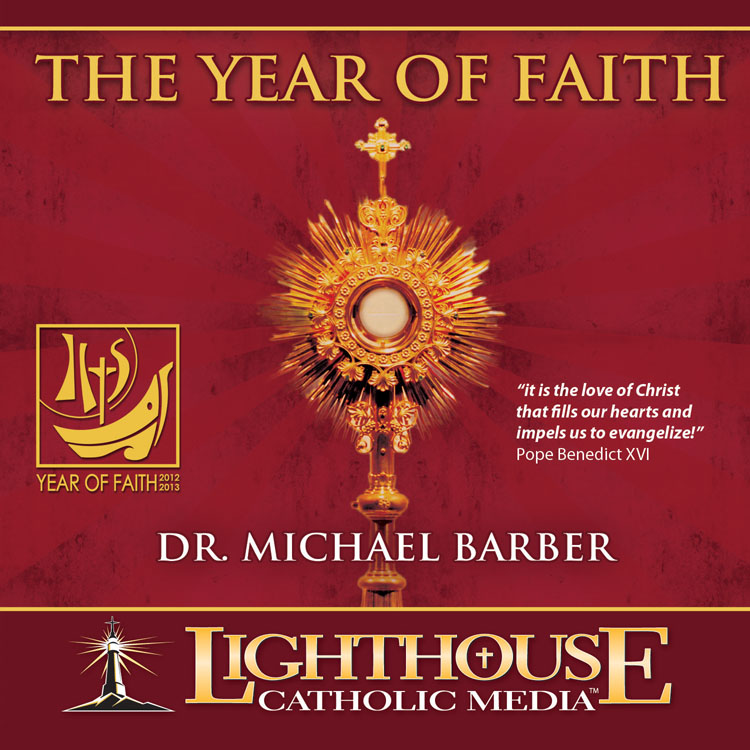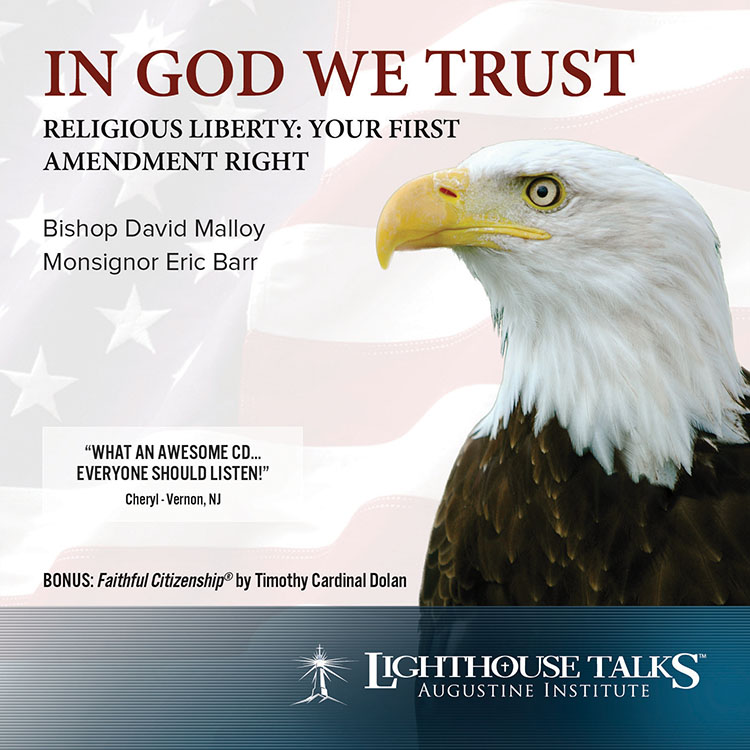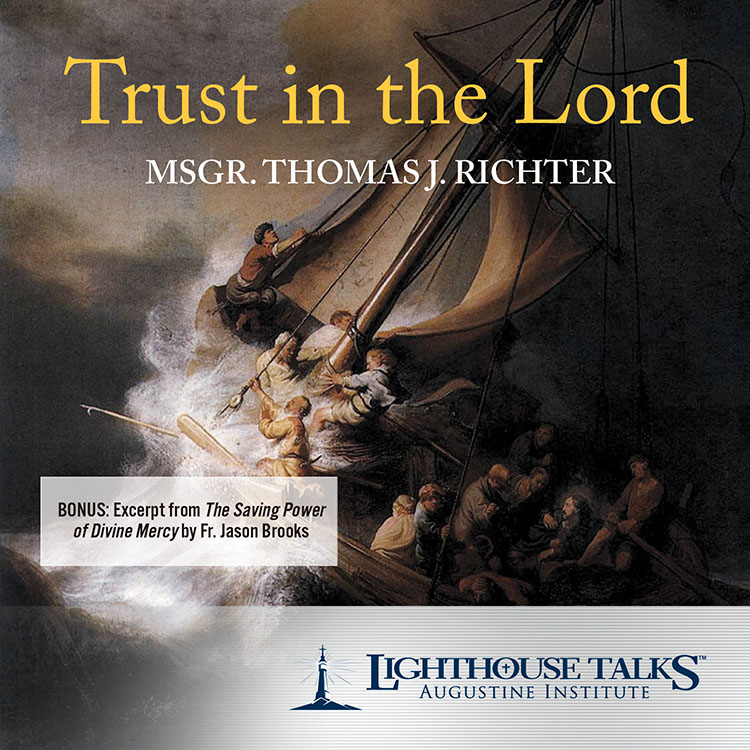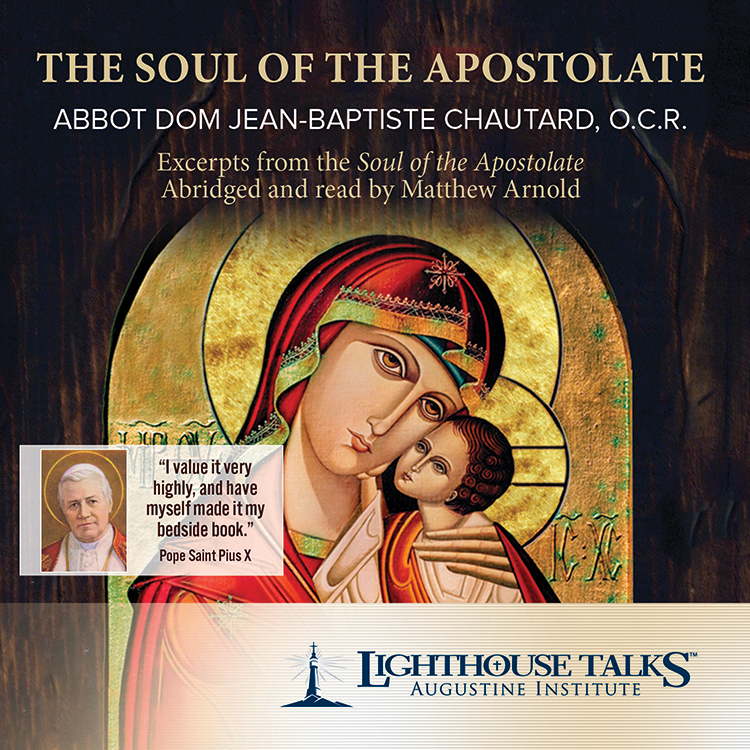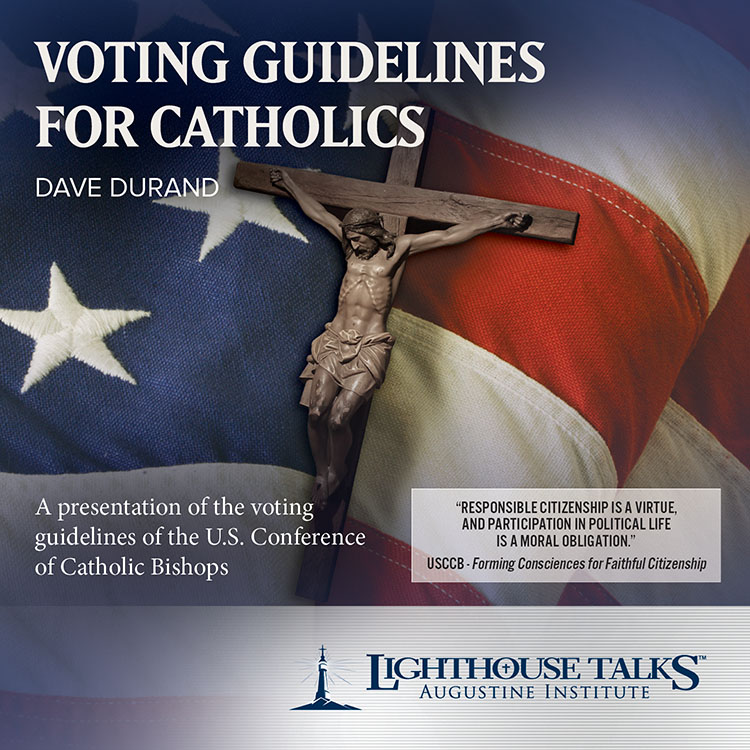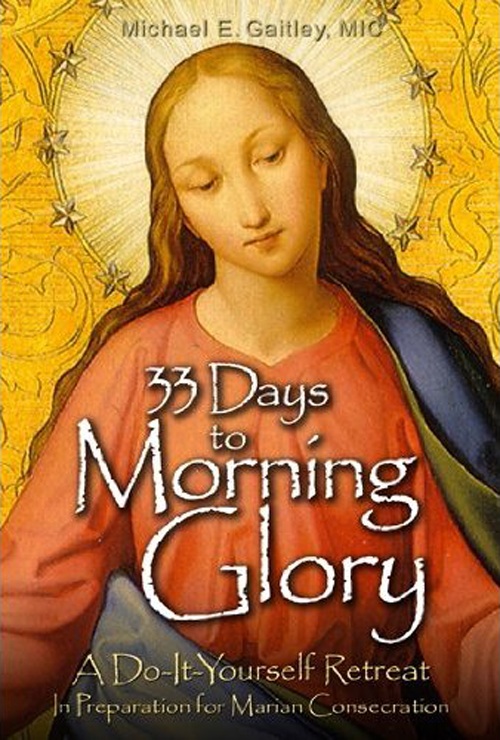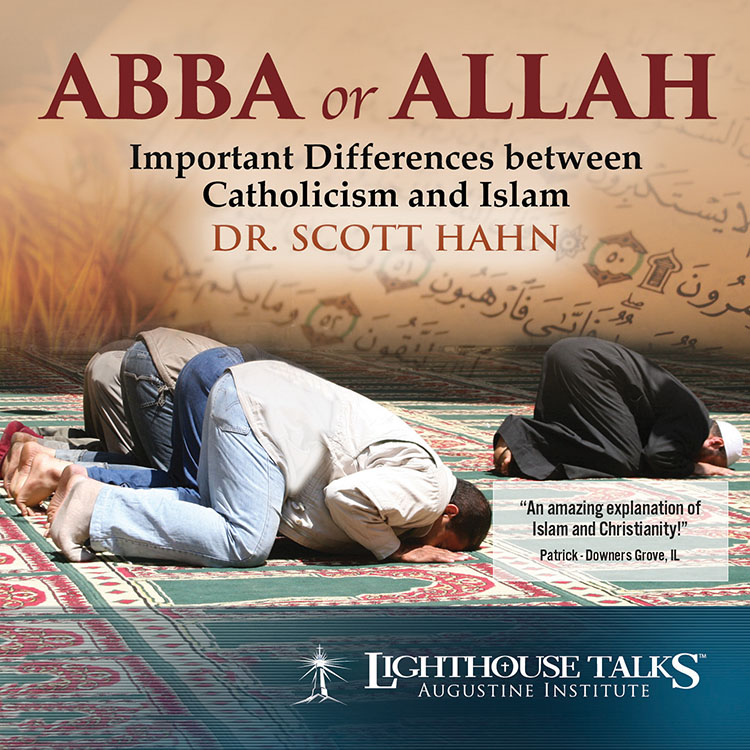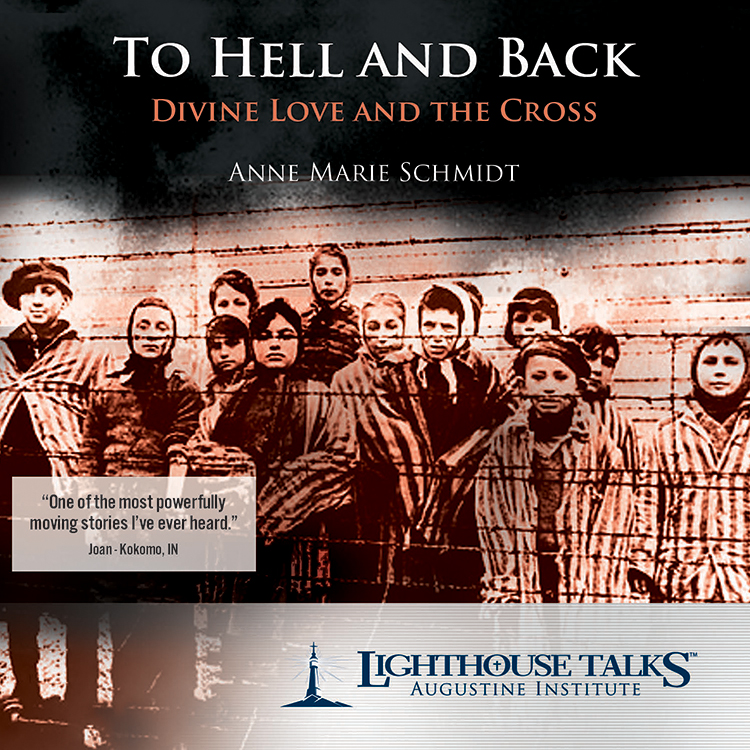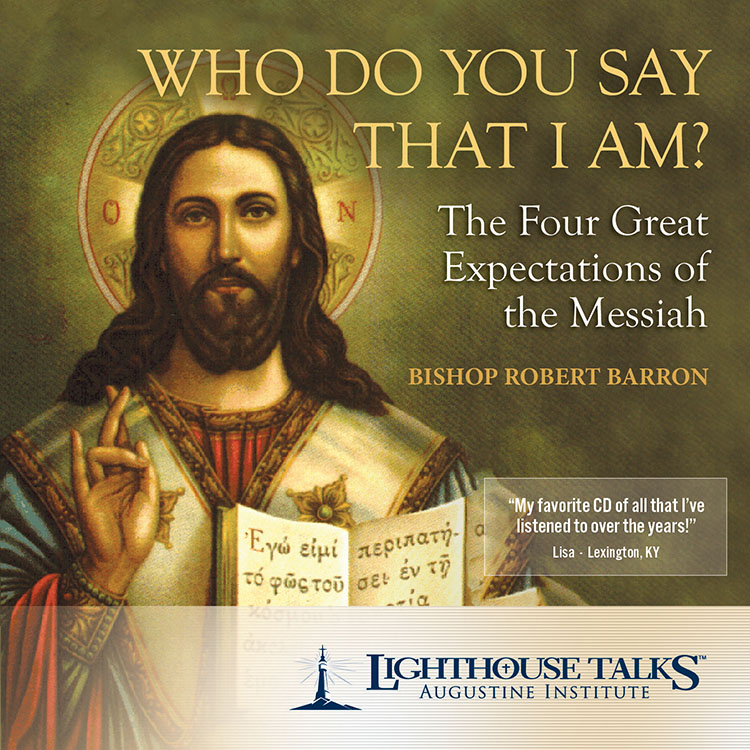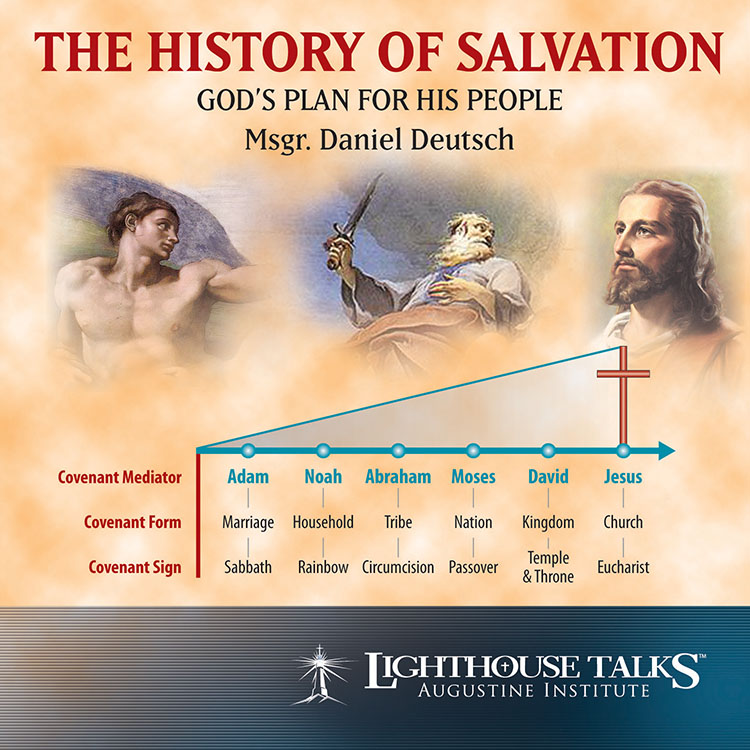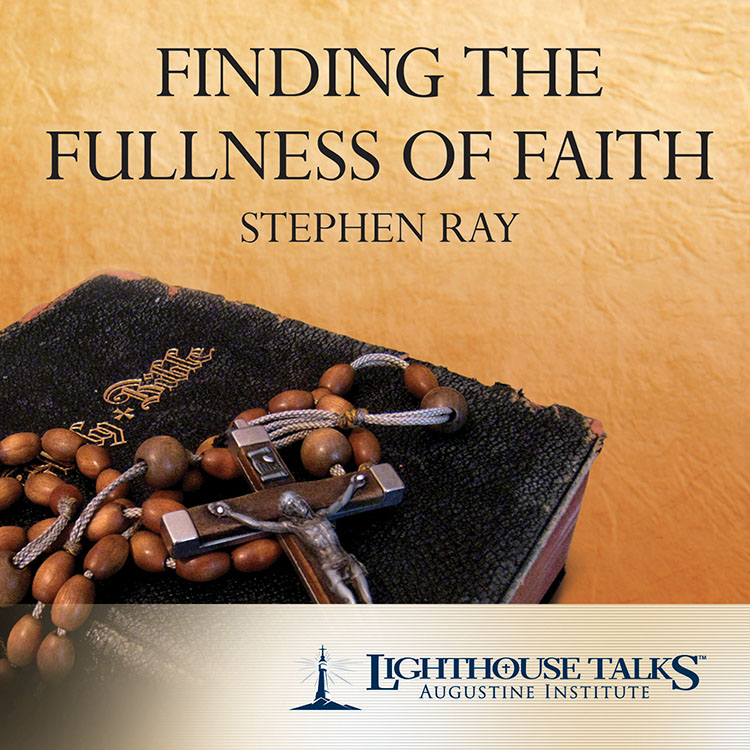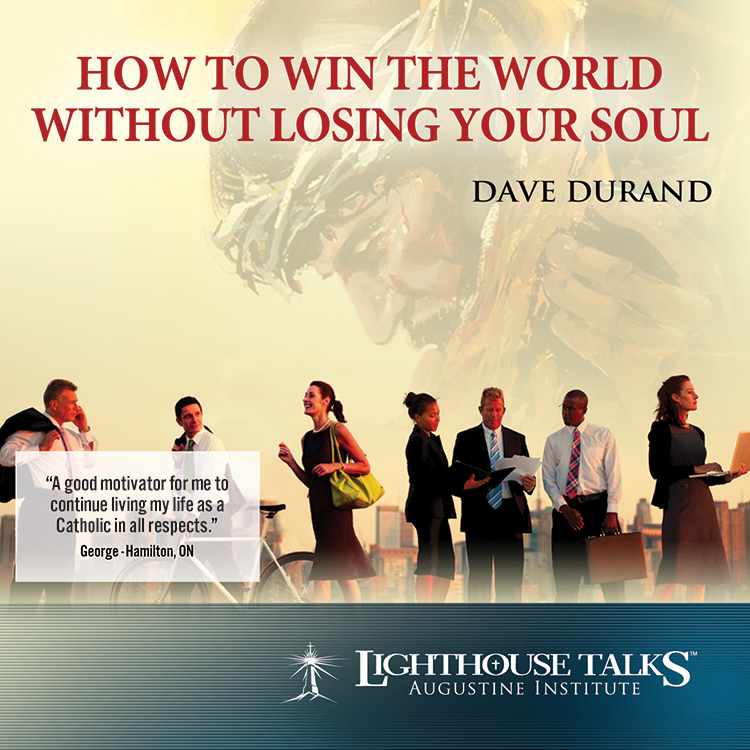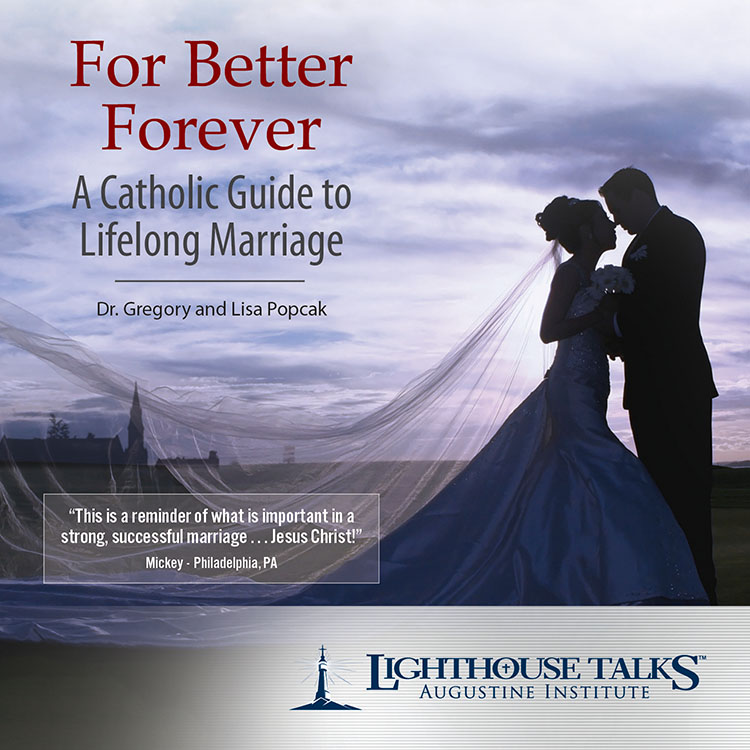
By Fr David Watt
Part I: Theological Underpinnings
The title of this piece may provoke the reaction that ‘fools rush in
where angels fear to tread’. Certainly I would be the first to agree that far
greater theologians than I have grappled with these questions, and that if
those such as myself show any perception at all on such matters, it is that of
dwarves sitting on the shoulders of giants. Secondly, my interest in these
questions is not merely academic, but also practical, as I hope to make clear
in Part II.
Let me say at the outset that on one fundamental point of the
controversy I am convincedly Molinist. That is, I reject, as logically
incoherent, the notion of a grace so powerful – yet so restrained! – that it
quite literally predetermines our free response. Whether this rejection was endorsed by most
theologians of Molina’s day, this seems to have happened since.
Having conceded this major point to the Jesuits I am, however, disposed
to glean all that I can from the other schools of thought, particularly
regarding their exaltation of the supremacy of grace. The first reason for this
is the a priori unlikelihood of so
many learned, holy men being completely wrong in everything they say on the
subject. In the second place, and on a more personal note, my experience is
that the further one studies theology, and more importantly the longer one
tries, however feebly, to lead a spiritual life, the more thoroughly one
becomes imbued with the sentiment that, in the words of St Thérèse of Lisieux, Doctor of the Church,
‘Tout est grâce’, or, as we read in the prophet Isaiah (26:12, Douay Rheims
version, as for subsequent Scriptural citations) ‘Thou hast wrought all our
works’.
Now from the exaltation of
grace back to the point on which we have exalted freewill. This point is upheld not merely by logic but
also by at least two Doctors of the Church: St Robert Bellarmine SJ and St
Francis de Sales. To be sure, those who controverted this assertion likewise
appealed to Doctors of the Church, but with the crucial difference that these
Doctors went to their eternal reward before the late 16th – early 17th
century disputes on grace, and therefore were not able, barring private
revelation, to corroborate either the accuracy with which views were ascribed
to them, or their perseverance in these views till death (cf. St Augustine’s
unfinished work Retractationes, in
which he corrects his writings here and there). Another factor to be borne in
mind is that later Doctors can take earlier ones into account but not vice
versa.
One objection raised against
the Molinist rejection of grace predetermining our free consent is that this
makes it hard to explain God’s knowledge of the future. My reply is, firstly,
that as pointed out by a notable writer on the subject, Joseph Pohle, all the
various schools of thought with regard to grace and free will are forced to
agree that here we are confronted with a great mystery. Secondly, even if
predetermining grace could explain God’s knowledge of some future acts, it
would not work for others, especially sins.
Another objection against
this Molinist assertion is that it introduces passivity into God Who is Pure
Act, since He is now dependent for some of His knowledge on the decisions of
His creatures. I reply that there is an ineluctable passivity about some
knowledge, human or Divine. For example, God’s knowledge that twice two is
four, derives from the fact that twice
two IS four, and not from any decision that He has taken, since this
mathematical truth would have remained inviolate whether He took that decision
or not.
However, the theory of scientia media, conceived as knowledge
of absolutes rather than probabilities or propensities, is, I believe, just as
destructive of free will as is the Bañezian predetermining grace. Scientia media is God’s knowledge of
propositions such as that found in Mt 11:21 and Lk 10:13 – that Tyre and Sidon
would have repented had they been the scene of the miracles performed in
Corozain and Bethsaida. For the performing of such miracles to bring about
repentance infallibly it must determine the result, which is a
contradiction since we are speaking of repentance – a free act.
I aver, then, that God’s
knowledge of such facts can be analysed somewhat as follows: The inhabitants of
Tyre and Sidon were not so bad that they would have remained more
inclined to evil than to good after such prodigies, but even then it would
still have been possible, albeit somewhat or highly improbable, that they would
resist grace.
It is crucial to realize here
that in proposing this analysis I am not introducing any limitation on God’s
knowledge. In the ditty from The Wind in
the Willows,
The clever men at Oxford
Know
all there is to be knowed
But none
of them know half so much
As
intelligent Mr Toad.
God ‘knows all there is to be knowed’. It’s merely that regarding
counterfactual propositions with a consequent stating a free action, there
is nothing to be known beyond propensities which are non-determining and
hence merely probabilistic. To think otherwise is to advance a mistaken
application of the Law of the Excluded Middle. This logical law, which does
indeed admit of no exceptions, merely states here that either it is the
case that if those miracles had been wrought, Tyre and Sidon would have been
converted, or it is not the case that this would have happened. But it
is fallacious to argue from the latter disjunct to the conclusion that, had
the miracles occurred, the inhabitants would not have been converted, ie
remained impenitent. [This point (which
by the way is clearer when stated in modern symbolic logic than in ordinary
English) is well made on p.160 of Garrigou-Lagrange’s Predestination; a work which I believe to be, on the whole,
terribly mistaken.]
For brevity we often make
statements without including any indicator of probability, eg ‘It’ll rain’ when
what we really mean is that rain is probable, very probable, or almost certain.
The same point holds good when a counterfactual has a consequent stating a free
action. For instance ‘Were you to send him a letter he would reply’ would not
ordinarily be taken as a statement of more than probability. Otherwise, the
person making the statement, if he comes to know you have indeed sent the
letter, would just sit back, secure in the expectation that a reply will be
forthcoming; whereas in fact he would probably not be averse to your sending up
a quick spontaneous prayer for your letter to be so graced. (Especially as such
graces have become far less frequent in our modern world of
information-overload and consequent erosion of traditional courtesies!)
I maintain, therefore, that
Our Lord in speaking of the impenitent cities employed a literary form present
in common speech, whereby the probabilistic nature of statements about free
action is often not made explicit.
Since we have now spent some
time defending free will against different kinds of determinism, this is the
occasion to strike another blow for grace.
While conceding to Molina the theoretical possibility that two may be
equally helped by God; one rejecting grace, the other accepting it, I perhaps
differ from him in having the gravest doubts as to whether this ever actually
occurs. Could it be that, in the world as we have it, acceptance rather than
rejection of grace is as a matter of fact always preceded by more grace being
given, so we can say with St Thomas that ‘no one thing would be better than
another if God did not will greater good for one than for another’ (Summa Ia q.20 a.3)? To answer in the affirmative would seem
better supported by the balance of theological opinion over the centuries.
Predestination
Does this occur before or
after foreseen merits? Why not
both? It is before, in the sense that
God wills before (logical, not temporal before) creating certain beings, and
hence before they have any merits, to provide them with more help – even much
more help – for the attaining either of Heaven itself or of a given level
there. The most obvious example of this is the Blessed Virgin. However,
predestination is also after foreseen merits in the sense that predestination
to Heaven – rather than, say, to extra help for the attaining of Heaven
- generally occurs only after God’s foreseeing the creature’s acceptance
of grace.
The number of the elect
This, it would seem, is an
inscrutable mystery. As has been pointed out by other writers on the subject,
there are decrees of God concerning which He does not wish us to pry.
Nevertheless let us see if there is anything which, without presumption, we can
say on the subject, whether with certainty or probability.
Firstly we must vomit, as
often as it is fed to us, the modern poison (though proposed by Origen) that
the number of the elect is all human beings, past present and future.
Regarding this hypothesis, see my article on Hell in the February 1999 issue of
the American journal New Oxford Review;
there is a similar piece in the 2 Nov. 2011 issue of The Record, the Catholic weekly for West Australia (google
therecord). Part of these articles is a critique of the appalling book by Hans
Urs von Balthasar, Dare we hope that all
men be saved?; a question he dares to answer in the affirmative. He had
already been demolished, with typical Germanic Gründlichkeit (thoroughness) by
Gerhard Hermes in the journal Der Fels (‘The
Rock’), Sept. 1984, 250-56, and Nov. 1984, 316-20, as well as by Heribert
Schauf in another German periodical Theologisches
no. 178 (1985), 6394-96. Readers with a command of German can check for
themselves that by the time these authors are finished with von Balthasar’s
‘house of hope’, there is not one stone upon a stone.
Indeed it is clear from both
Scripture and Tradition that not only are some human beings damned, but that
their number is legion. Furthermore there is an impressive list of Saints, many
of them Doctors of the Church, who maintain that less than half the human race
will attain to the Beatific Vision; as St Thomas puts it, pauciores sunt qui salvantur (I, q.23, art.7, ad 3).
What of the contrary notion –
that the number of the elect is greater than the number of the damned? Setting
aside the terrible error of Origen, who by it lost all title to be reckoned as
a Saint – let alone Father of the Church – the first few proponents of this
view, to my knowledge, began in the 19th century; moreover, though I
stand ready to be instructed on this point, I am not aware of their ever having
included even a single Saint, let alone Doctor of the Church. It would seem,
therefore, that this view is much less probable.
We can also support this
conclusion by an argument a priori.
In the Gospels Our Lord warns us time and again that if we wish to saved we
must make an effort, and, moreover, a persevering rather than a fitful one;
whereas if we wish to be damned all we need do is go with the flow. Now in the
nature of things people tend more towards the line of least resistance. One would expect, therefore, that most would
be lost. To suppose otherwise would require, for example, extraordinary Divine
intervention on one’s deathbed; sufficient to outweigh both the increased
demonic activity at that time and also the above-mentioned indolence; whereas
St Alphonsus (like St Anthony Mary Claret: talis
vita, finis ita) informs us that people generally die as they have lived
(cf. eg his Sermons for the 9th, 15th and 22nd
Sundays after Pentecost). In these
sermons (as elsewhere in his writings) there is no joy for moderns with their
optimism about the number of the elect: ‘Oh!
how few enter into that abode of bliss!’
On this point, it would
take us too long to go through the modern attempts, smacking to me of
desperation, to escape the plain meaning of Our Lord’s words. All these
wriggles can easily be shown up as special pleading, by means of what Einstein
would have called a ‘thought-experiment’ (not that I accept his theory!). Imagine
that Our Lord had said the opposite of what He did in fact say. That is,
suppose He had said it was a broad way leading to life, and those who find it
are many, whereas the road is narrow and the way hard, that leads to eternal
death, and those who find it are few. Would we then have anyone arguing,
against the obvious tenor of His words, that possibly/probably/certainly most
are damned? So we are not logical or
consistent – we apply a different hermeneutic to Our Lord’s words, depending on
whether they are pleasant or unpleasant.
It is, on the other hand,
perfectly logical that the modern optimism, or should I say presumption,
concerning Heaven should coincide with a decline in such practices as the Nine
First Fridays. If everyone, or almost everyone, will end up in Heaven anyway,
then it is ‘no big deal’ that Our Lord, speaking with St Margaret Mary, makes
us what is traditionally known as the Great Promise – that no one who receives
Him in Communion for nine consecutive
First Fridays of the month will be lost.
Part II: Practical applications
The Nine First Fridays
As a priest I find it
instructive to hear of the difficulties experienced in completing the Nine
First Fridays – people can get to seven or eight and then, quite literally, all
hell breaks loose – they fall ill; the car breaks down and so on and so forth. That is why I always tell those who
practise this devotion of the need for great discipline and determination –
have somewhere to write down the date of each Communion as it is made; also
have a backup plan, eg another Mass if the intended one becomes impossible for
whatever reason. And although Communion is obviously better received within
Mass wherever that is possible, technically the Promise refers not to the
attending of Mass but to the receiving of Communion; thus it would be good to
pre-arrange for Communion to be taken at home should one be too ill for Mass,
so as not to break the sequence.
On the assumption that the
Great Promise is genuine, and that one has justified belief in it, if one does
in fact succeed in making the Nine First Fridays, and knows that one has
done so, one can be confident of being saved. For although the Council of Trent
issued a general anathema against those who are sure of their salvation (Decree
on Justification, canon 16), it made an exception for those who have obtained
this knowledge by private revelation, which is the case here. Indeed, the Nine
First Fridays is a practice commended to
us by the tradition of the Church,
though not to the extent of requiring us to believe in the Great Promise
made through St Margaret Mary; it happening seldom if ever that the full weight
of Church authority is placed behind any private revelation however
trustworthy.
It would take us too far
afield to detail all the objections to the Nine First Fridays, eg that we could
then sin with impunity. Were the devotion undertaken with this intention that
would of course make the Communions sacrilegious and therefore unavailing for
holding Our Lord to His promise, whereas devoutly undertaken Communions are not
a likely precursor of a later bent to sin, secure in the belief that one has to
be saved. More probably, one who from devotion became hell-bent (itself not a
very likely hypothesis) would shed belief in the Nine First Fridays,
particularly since this revelation is not exactly at the heart of our Faith.
Nevertheless, in the worst-case scenario of someone validly completing the
devotion and, later, using that to lead a life of sin, we can be sure that,
though the person will be saved, it will not be without plentiful opportunity
to rue this mocking of God, via a
prolonged immersion in Purgatory-fire. See p.175 in Vol. I of Fatima in Lucia’s own words; Our Lady is
asked by Lucia about Amélia, a friend of hers who died when she was probably in
her high teens, to which Our Lady replies ‘she will be in Purgatory until the
end of the world’.
I have laid such stress upon
the Nine First Fridays because it is something ascertainable as having been
completed, whereas the more long-standing indications offered by theologians
that one is among the elect are much less susceptible of precision. For example
‘devotion to the Blessed Virgin’ – exactly how much devotion must one have to
be devoted “within the meaning of the Act”? And even if we knew, this – like
the other signs traditionally given of being among the elect – was not offered
by theologians as affording a conclusion of more than probability.
Doom and gloom?
One who knows, whether
via the Nine First Fridays or by some other special revelation, that he is
among the elect, and who believes they constitute less than half the human
race, is obviously immune from the charge that his is a gloomy doctrine. Au
contraire, the more difficult an exam, and consequently the fewer those who
pass it, the gladder one will be to know one is among the few. The same analogy
also scotches the argument sometimes brought forward, that Satan’s kingdom
cannot be larger than Christ’s. If Satan’s kingdom is in fact larger, that is
only because his conditions of entry are in general easier. Though here we must
bear in mind the statement of St Thomas More: ‘Verily I believe many a man buys
Hell with so much trouble that he might have Heaven for less than one half’. As
the spiritual writers point out, the difficulty in following Our Lord is found
especially at the start – making the decision to counter one’s passions and so
forth – whereas the devil’s is a hard servitude not only in the next life but often, also, in this.
Furthermore even if in fact
less than half the human race will
attain to Heaven, the number of the elect could still be greater than the
number of the damned once we add in the
angels, since tradition inclines towards believing that most of them passed
their probation (cf. Apoc. 12:4 etc.). Also we do not know if God has created
other rational beings, for example elsewhere in the universe, and if so whether
most of them will reach the Beatific Vision.
Additionally we must bear in mind that, as infallibly declared by
Vatican I, the world was created for the glory of God. Once we have grasped
this truth – difficult in our anthropocentric age – we can see that a world
consisting of just one person, who is saved, gives God less glory ceteris paribus than a world consisting
of one person who is saved and many others who are damned; the latter world
glorifying God in every way the former does, and more, since the first world
has no eternal monuments to God’s justice. And so, since God was perfectly
entitled to create the first world rather than ours (the ‘best of all possible
worlds’ being an impossible notion) He was entitled to create the second world
also.
Finally let it be noted that even if the number of human beings
attaining the Beatific Vision is greater than 50% because of future
goodness – say because of the Millennium; a theological concept which, over
2000 years, the Church has gradually inclined against – this would still be
compatible with most being lost at present, and, as will be seen, it is
the present with which we are primarily concerned.
It does not require very acute powers of observation to see that God
does not mean a great deal for most people, and yet, of course, He will have us
love Him above all things – this is ‘the greatest and first commandment’. In
this connection it is often objected that even if God does not loom large in
the life of an individual, he may still “be a good person” and therefore,
presumably, be en route to Heaven.
This objection derives from a failure to distinguish between natural and
supernatural goodness; only the latter availing for possession of eternal life.
The Church teaches that even someone in mortal sin can still do some good
things – that is, at a natural level (see, inter
alia, the condemnation of the errors of Michael du Bay by Pope St Pius V).
For instance, he may pay his bills. He may also, if he is a Catholic, perform
acts of supernatural virtue, eg in exercising his Faith by seeking out a
confessor. If however he dies before reaching one and without having elicited
an act of perfect contrition, he goes to Hell.
We often judge someone as ‘a nice person’ or otherwise because he or she
is noteworthy for the possession or lack of natural virtues. Some are
just naturally pleasanter than others. Nevertheless, some of these “nice
guys” may be in mortal sin; contrariwise, some irascible, difficult characters
may be in a state of grace. And of two people in the state of grace, the one
most pleasing in the sight of Heaven is not necessarily the character we find
most attractive, but the one making most effort for love of God (although this
itself derives of course from His grace). One may be labouring hard to overcome
his natural defects, while another, with fewer such to conquer, may not war
against them so vigorously.
Our Lady’s messages to a phrenetic
world
It is interesting to see that the seemingly much greater frequency of
Marian apparitions in the last 170 years has coincided with a vast increase in
the rate of technological development – as if Our Lady wished to inoculate us
in advance! Not that technology is wrong per
se of course. Indeed it offers possibilities for giving more glory to God –
if correctly used. The condition, however, does not seem to have been verified
on the whole. This of course is what one would expect in a race showing no sign
of being devoted to God in the generality of its members. Given such a race, it
is in the devil’s interest to promote technological development, so as to speed
up the pace of life and crowd God out. (For more details, see my article ’The
Altar of Instant Communication’, in the above-mentioned weekly The Record, 4.4.12. The article was actually written late in
2002; whence the reference to my being 4 years a priest, which is potentially
confusing. Apart from that one point however, the paper edited my article
skilfully.) Against this backdrop it is noteworthy that Our Lady evinces a
preference for appearing to ‘backward’ people in ‘backward’ places.
The more technology progresses, the greater the sum of technical
knowledge and hence ceteris paribus
the faster our rate of technological progress, which in a race estranged
from God results in an ever greater difficulty in averting one’s eyes from this
kaleidoscope and entering within oneself. Given this slippery slope of ever
sharper incline, it would seem our descent can be arrested only by an
extraordinary intervention of the Immaculate Heart, to usher in Her Triumph as
predicted in Fatima.
This breathless, helter-skelter world of ours – where, for all our
time-saving devices, no one seems to have any time - naturally impinges on the
Church. When people are first touched – say in making the progression from
Sunday to weekday Mass – they tend to rush about too much, especially if, as is
generally the case, they lack a spiritual director. I remember pleading with a
lady who had started to attend some weekday Masses that she fill in the gaps in
that regard. She replied that it was impossible for her to attend Mass every
day – in addition to working full-time, she was a wife, a mother, and involved
in so many prayer-groups! I explained that prayer-groups, though admirable (I
still recommend everyone to join one) are not to be compared with the Mass;
thus if need be some of these activities, albeit spiritual, should be culled to
make way for daily participation in the Supreme Sacrifice. I am pleased
to announce that she and her husband, though both working full time, have now
been attending daily Mass for years. As I write these lines, the husband, who
will be on a cruise many months from now (she unfortunately cannot go) is
busily accumulating Mass-credits for the 14 days he will be without Mass! Under
no.917 in the current, 1983 Code of Canon Law, he is also entitled to receive
Communion at any second Mass he attends.
We see that Our Lady’s message in Her apparitions is ‘Penance Penance
Penance’, not ‘Activity Activity Activity’. Not that She has anything against
activity for the Lord, of course, but She wishes it to be well-regulated and
built on a firm foundation of penance and prayer. In my experience of 14 years
as a priest, this order is generally inverted by the devout. They charge about
from one pious group to the next, without having first built up the foundation
I mentioned, with the resulting risk of eventual ‘burnout’.
To do as much penance and prayer as Our Lady is requesting I believe is
not easy – that is why She wants it! She
knows it is more congenial for us to follow our own inclinations in the
spiritual life. For instance, it would be much more agreeable to me if, rather
than praying my daily Rosary, I spent the time in extra spiritual reading. At
this point we need to remember the words of Our Lady of Fatima: ‘Pray; pray
very much and make sacrifices for sinners, for many souls go to Hell because
there is no one to pray and make sacrifice for them’. Many – or even most, as we have been
discussing. The more souls go to Hell, the greater the need for sacrifice,
pre-eminently via penance and prayer.
The Five First Saturdays
versus the Nine First Fridays
Part of the Fatima message is of course the Five First Saturdays, which
I promote as a means of reparation to the Immaculate Heart. Speaking for
myself, however (I do not expect other priests to be clones of me in this), I
promote the Nine First Fridays even more. The reason is that Our Lady’s
promises, though magnificent, are that She will provide graces necessary
for salvation. So it is technically possible (even if not very likely) that
these graces should be provided – and rejected! Whereas Our Lord, with the Nine
First Fridays, offers graces sufficient for salvation. It seems to me
that the transition from ‘necessary’ to ‘sufficient’ is well worth the extra
trouble in making a Novena of First Fridays rather than just five First
Saturdays!
The grace of what is known as final perseverance is promised by Our Lord
to those who complete the Nine First Fridays, due to His ‘all-powerful’ Love.
This form of expression must I believe be interpreted according to the correct
account of grace (see Part I), and not as if a free decision to persevere in
charity is quite literally the result of Omnipotent Fiat. Our Lord, of course,
is not bound to express Himself in symbolic logic. He is perfectly free to use
figures of speech present in ordinary language, and rhetorical exaggeration, as
we see in Scripture, eg where He accounts the nations as ‘nothing’ (Is. 40:17).
However, it seems inappropriate to use the
expression He did, even rhetorically, if grace cannot be very powerful indeed –
perhaps, using another figure of speech, we might classify it as ‘almost
infallible’ – therefore susceptible, in theory, of non-fulfilment, but as
things stand, infallibly foreseen by God as not failing of its effect in even a
single case.
The twin reality that grace can be this powerful, and that most of the
human race is unlikely to reach Heaven, has implications for our dealings with
others. A tutor will behave differently with students depending on the
difficulty of the exam they face. If he has hopes that all, or most, will pass,
he may spread his attentions fairly wide, hoping that even a little assistance
to each one will prove sufficient for the pupil to pass. If on the other hand he believes
that most will fail, he will concentrate his attentions more on the relative
few he thinks may pass, not wishing to lose his labour on those who will
probably fail anyway, and realizing that the difficulty of the exam may require
more intensive effort on his part if a given individual is to pass. So too in
the spiritual life – if we think it improbable that most of the human race will
be saved, we will be more likely to concentrate our efforts on those who offer
us more chance of success, hoping thereby to contribute towards providing a
grace for them that is “almost infallible”.
Another corollary of the account of grace provided in Part I is that we
must not blame God, as some do, for not providing grace sufficient to cause a
given individual’s conversion. For once we realize that grace to perform a free
act can only ever be, at best, ‘almost infallible’, we see that however much
God may provide grace, or increase it, there always remains the possibility
that an individual will refuse the grace, and hence incur greater damnation.
It’s just that, in the case of the Nine First Fridays for example, God foresees
that, as a matter of fact, no one will refuse.
--------------------------------------------
Editor’s comment: Father David Watt and I discussed his
excellent article in a recent telephone conversation, west coast (Father) to
east coast (Editor), and we agreed on the importance of praying for the
salvation of all souls as expressed in the Fatima Rosary prayer we both
say:
O my Jesus, forgive
us our sins.
Save us from the
fires of hell,
lead all souls to
heaven
especially those
in most need of thy
mercy.
And I recalled the fact that, on the 13th of June 1917, Our
Lady of the Rosary at Fatima promised salvation to those who embraced the
devotion to her Immaculate Heart:
"Jesus wishes to establish devotion to my
Immaculate Heart in the world. I promise salvation to those who embrace
it."
Jesus … ele quer estabelecer no
mundo a devoção ao Meu Imaculado Coração. A quem a abraçar, prometo a salvação
….”
